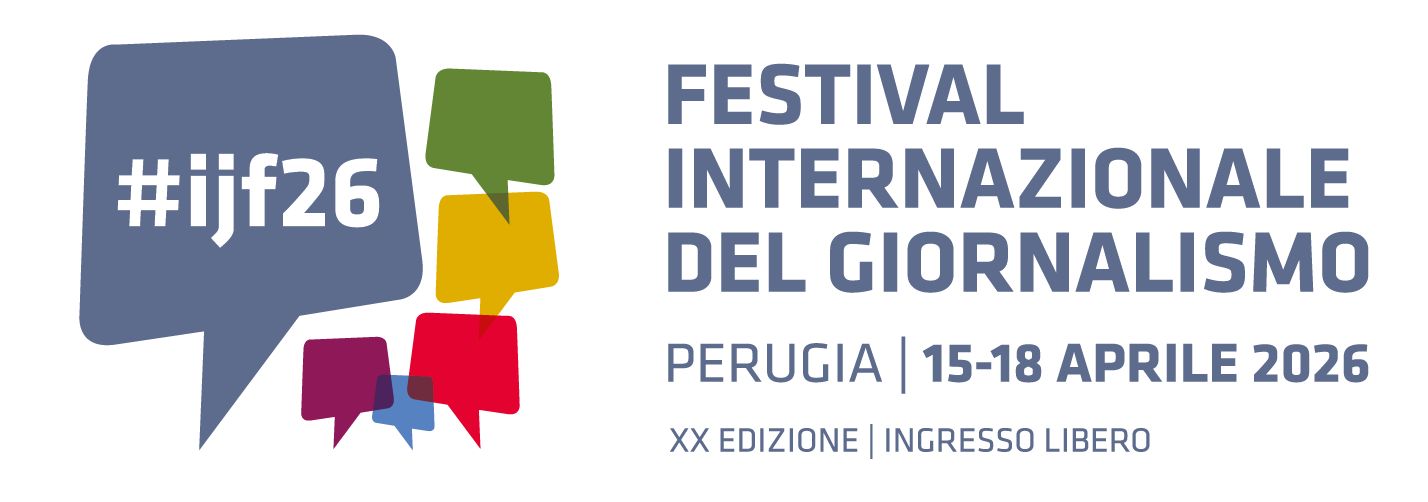Health fact-checking is part of a broader rise in digital verification taking place around the world. Outlets like Snopes.com, Politifact, and organizations including Africa Check and Pesa Check have informed a new vertical of journalism that a) draws from increased public attention on misinformation and confusion online and b) focuses on fact-checked claims as the publishing output. Such organizations represent an evolution of an industry that is itself relatively new, and has until now focused largely on political misinformation. And, there is an assumption that adapting these methodologies to health-specific content relies on an extension of existing fact-checking processes.
Through this workshop, we aim to address that assumption, the cognitive biases that may affect audiences who receive health fact-checks, and highlight possible workflows for more effective health-specific fact-checking, based on research conducted by Meedan’s Digital Health Lab with support from the Robert Wood Johnson Foundation. We will highlight the following key report findings and how they apply to journalists covering complex health topics and newsrooms engaging in fact-checking initiatives: fact-checking health topics requires adherence to and creation of public health standards of care that differ from dominant fact-checking frameworks; biases in what gets selected for fact-checked content reflects limited newsroom and organizational resources; health audiences need a new fact-checking workflow that requires more targeted, tailored and practical information without compromising their safety or privacy; already vulnerable communities stand at greatest risk of further marginalization and compromised safety.
Through this workshop, we will examine prevalent health claims that have been associated with serious misinfodemics - the spread of a particular health outcome or disease facilitated by viral misinformation - with a focus on issues that disproportionately affect under-served communities. Then, participants will examine the structure and format of existing scientific research that have formed the basis of these claims, with a focus on how this information has been ‘translated’ from the fields of global health and epidemiology to general audiences in the past. In teams, participants will develop sample categories for what should be included in a fact-check for that information, and we will together break down the cognitive biases that can make each fact-check more effective, or can otherwise result in unintended consequences. We will use this information to co-design more effective health fact-checking workflows. We’ll take a user-driven approach to examining the opportunities and challenges associated with health fact-checking by asking participants to consider their experiences working with health science articles not only as journalists, but as individuals in the pursuit of their own ideals of well-being.
Organised in association with Meedan.

